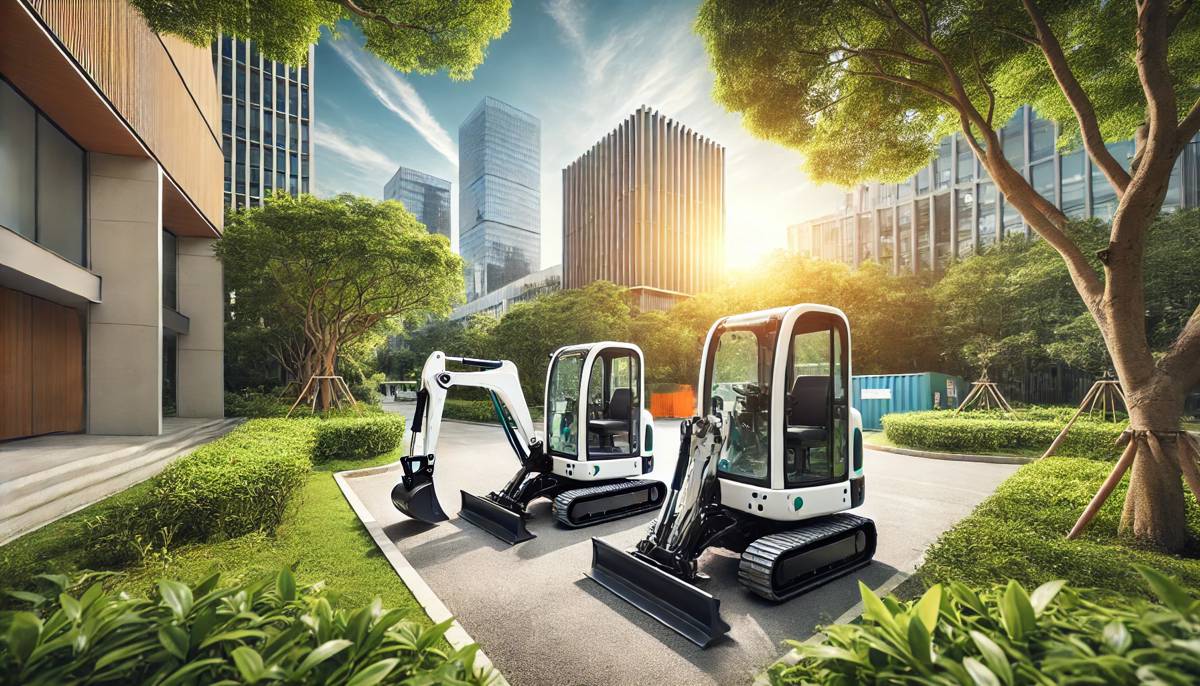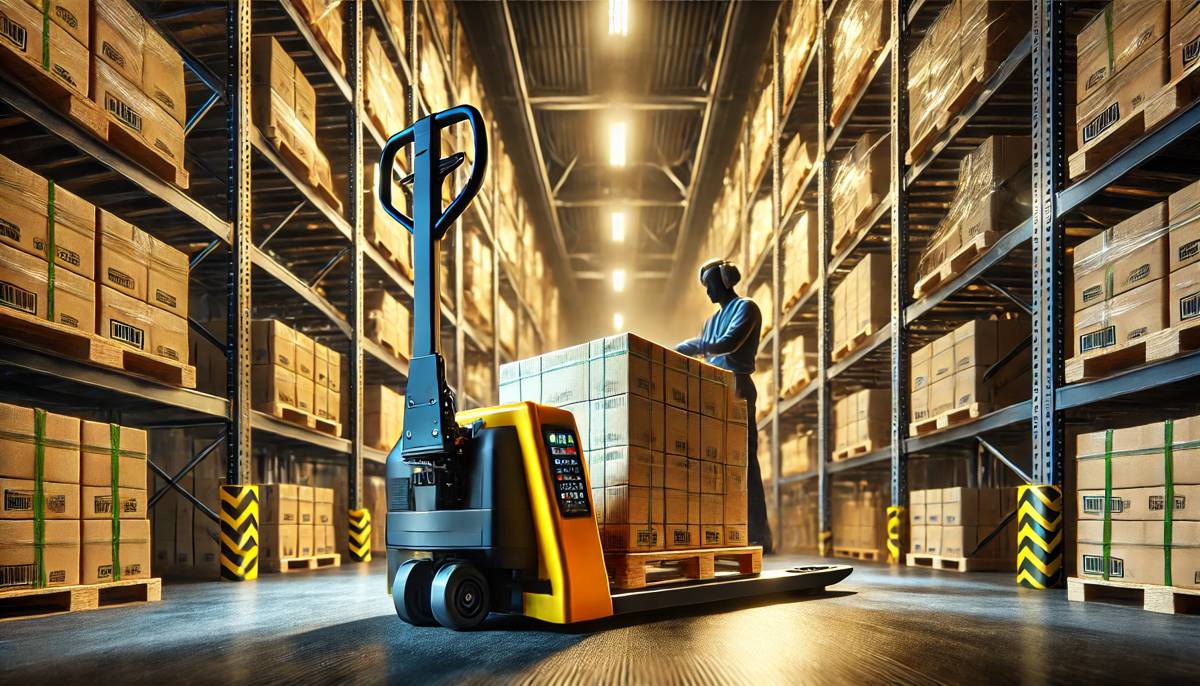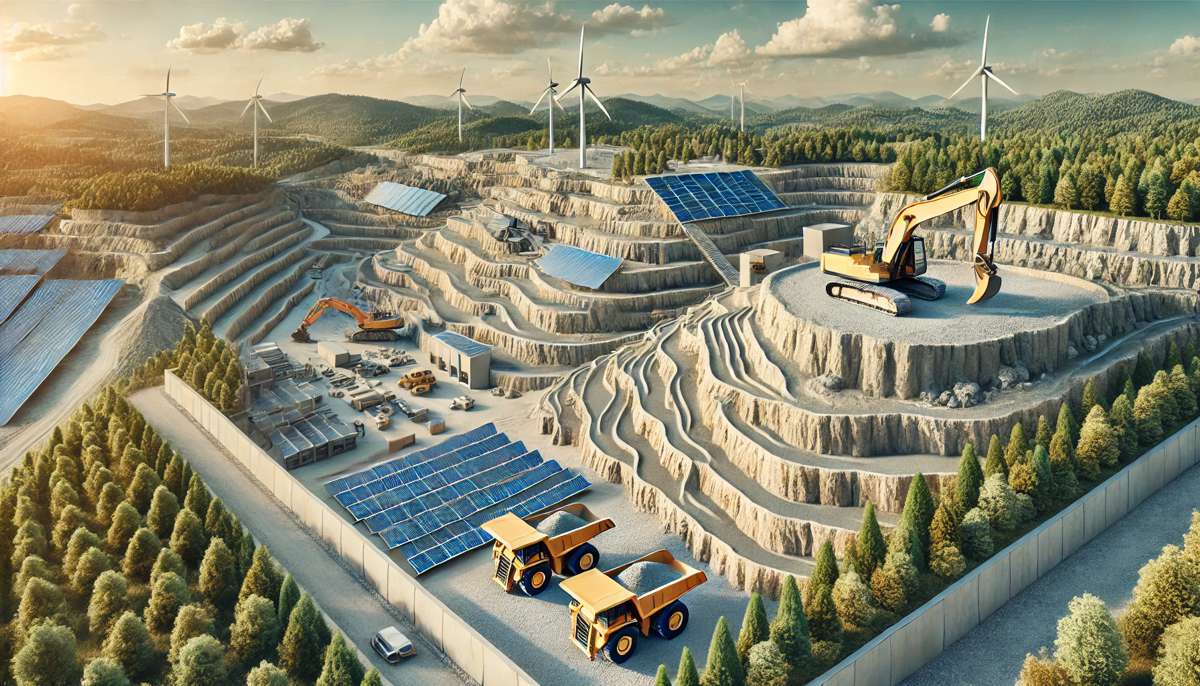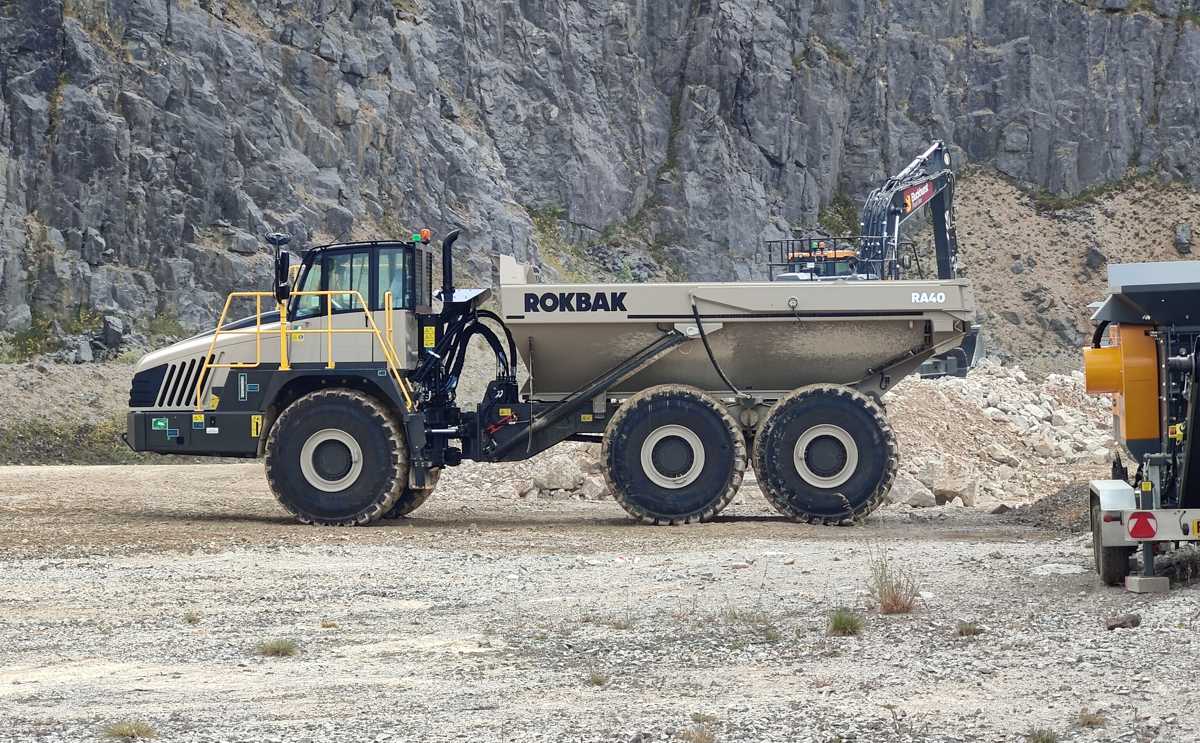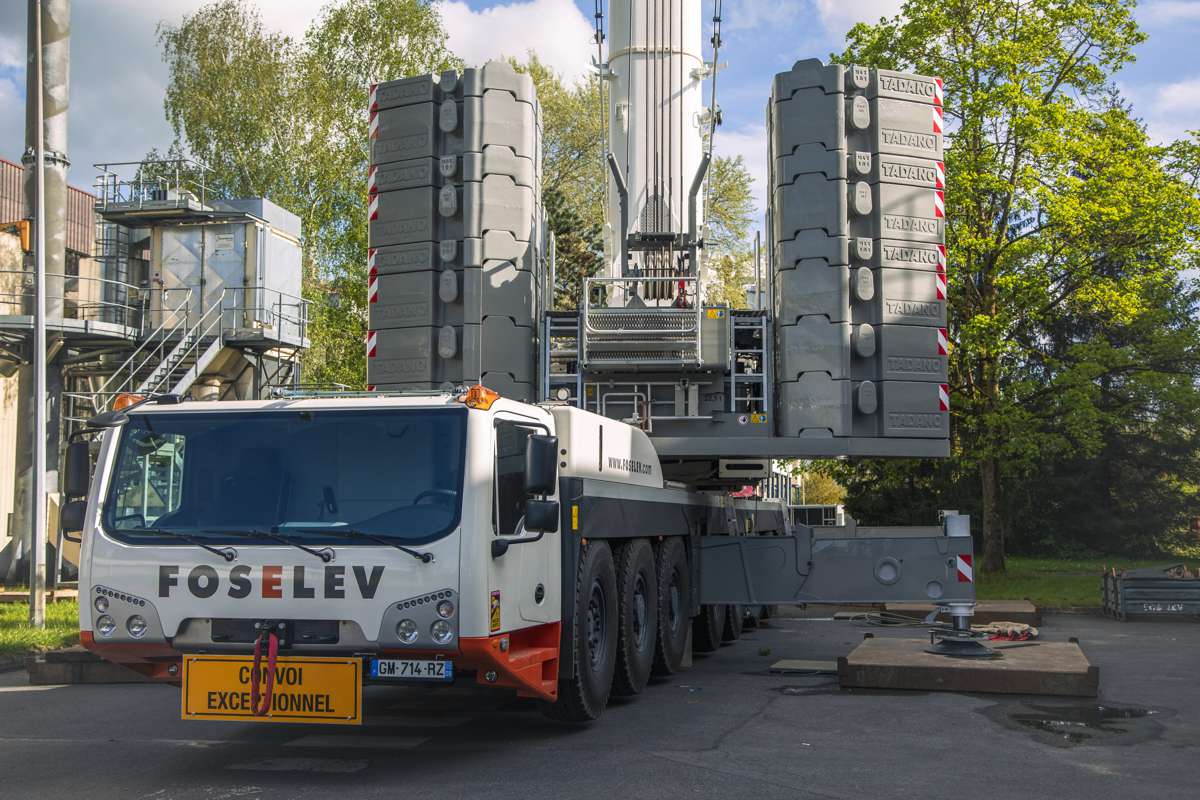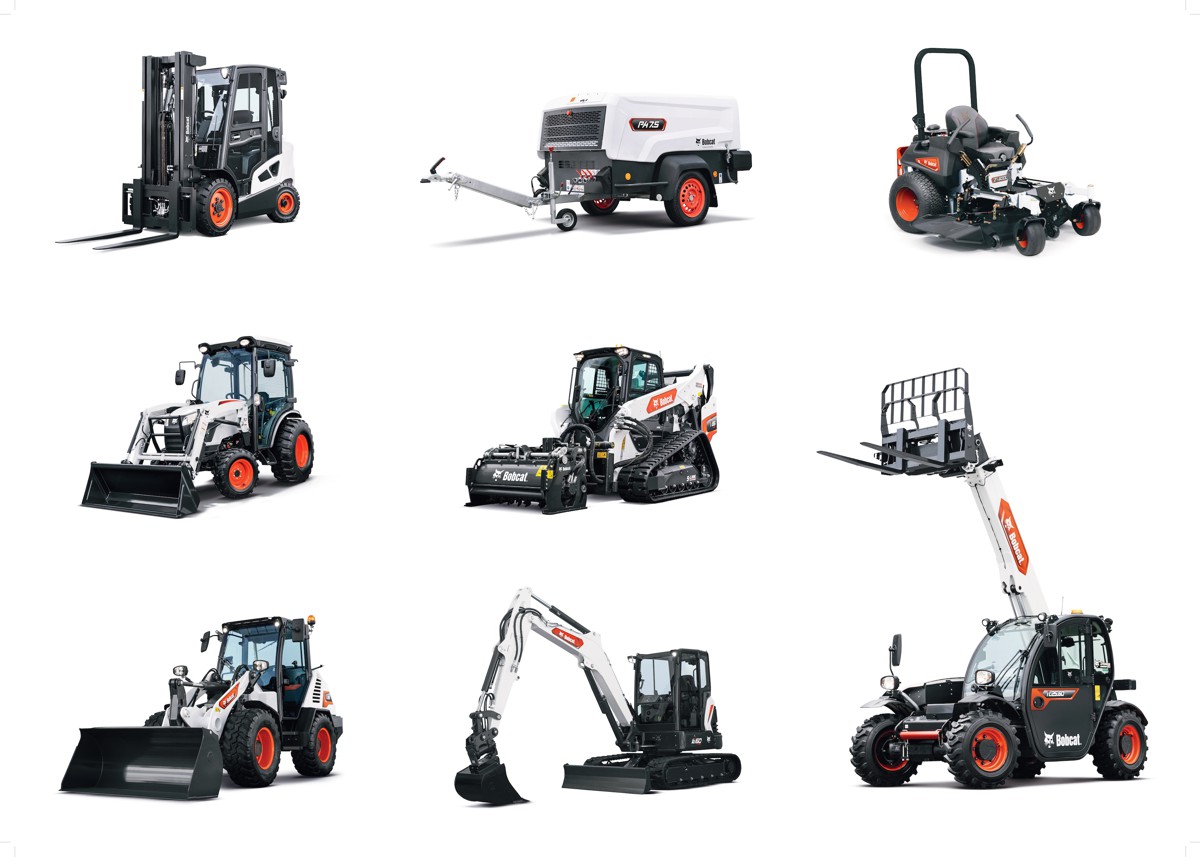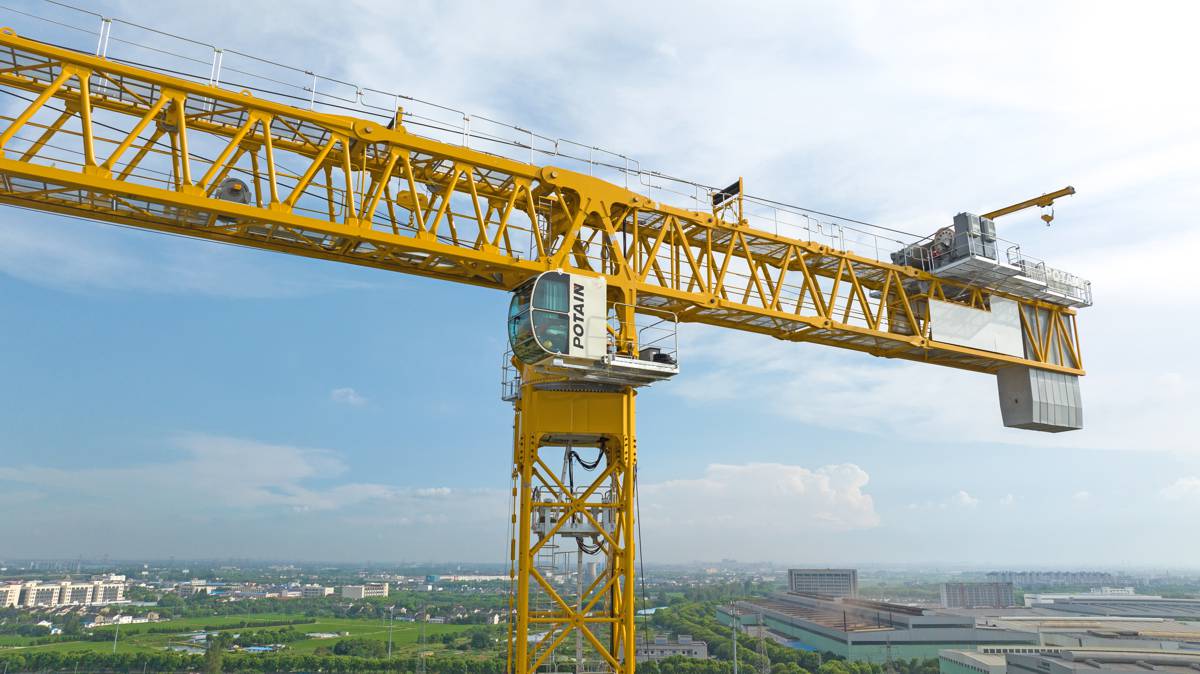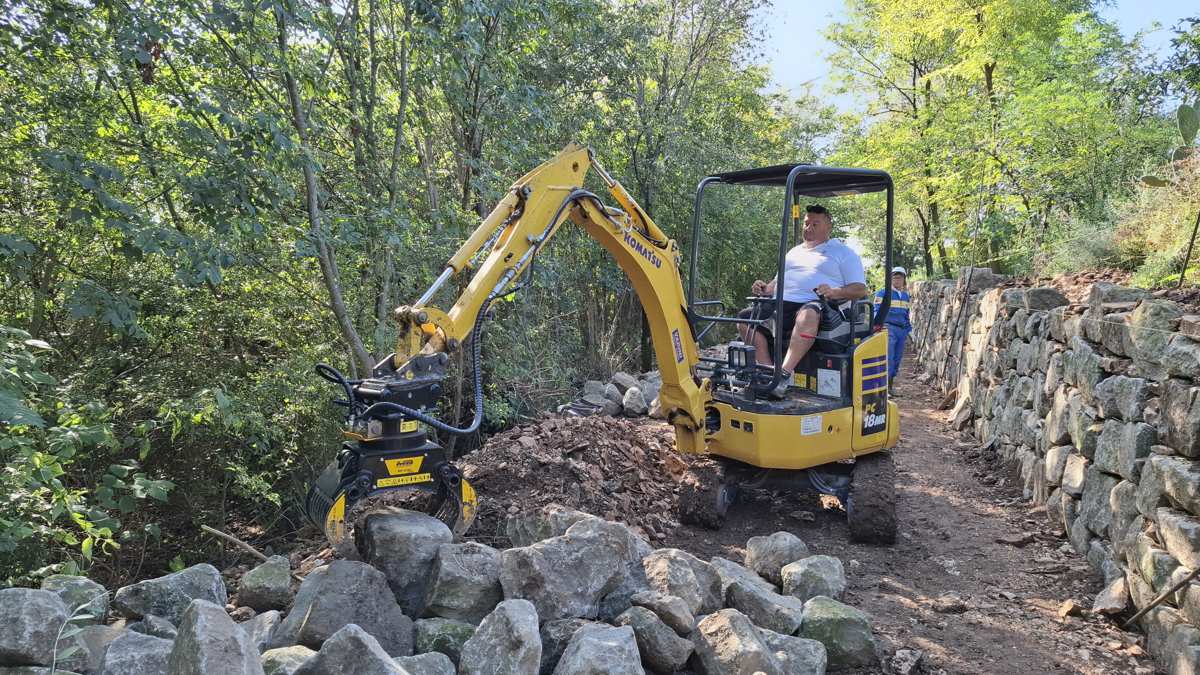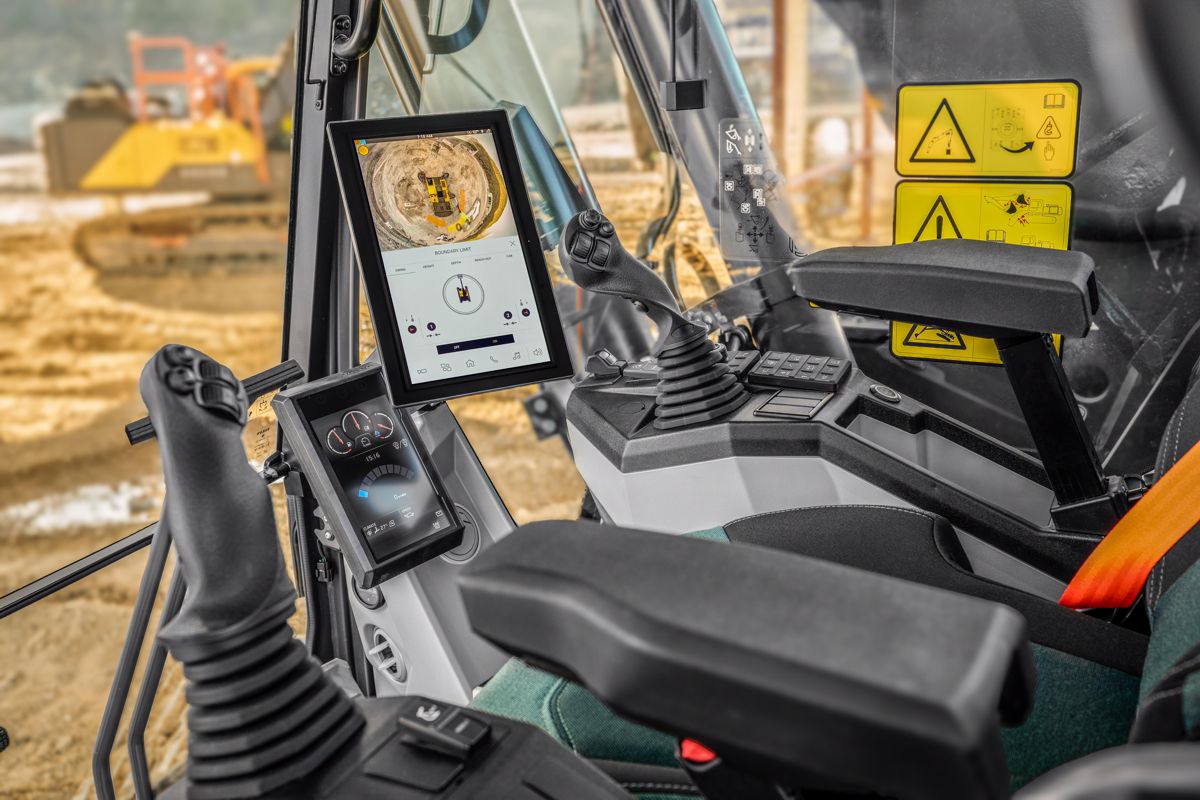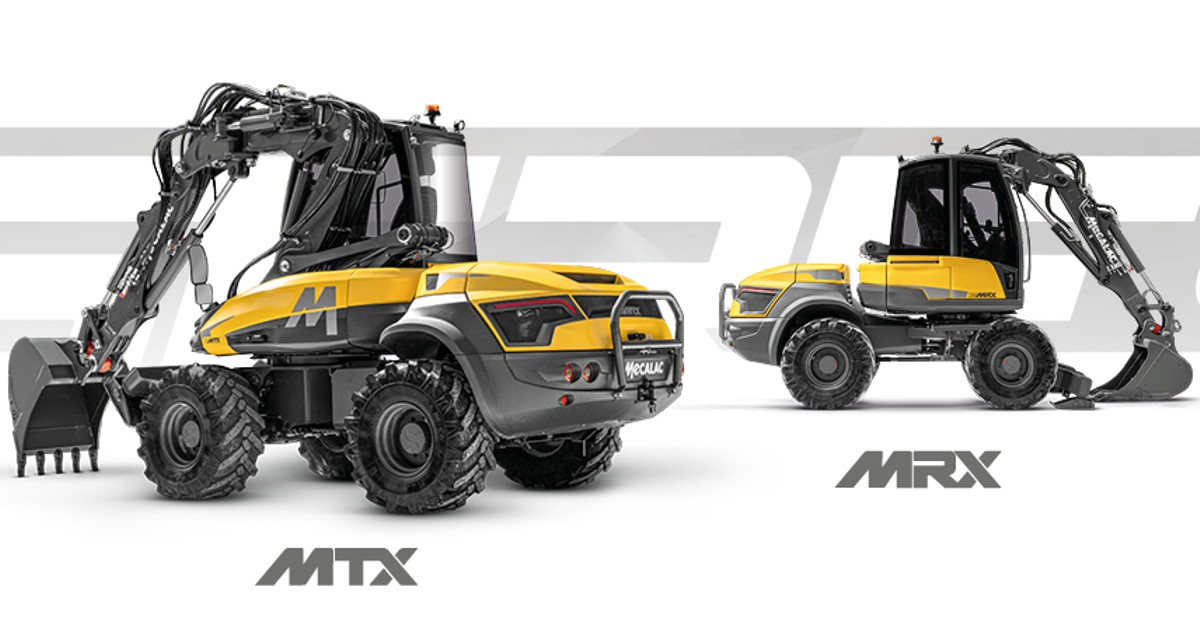Electric Mini Excavators Helping to Drive Denmark’s Green Ambitions
In the quest for carbon neutrality, Denmark has set itself on a path towards reducing greenhouse gas emissions by a staggering 70% by 2030. This ambitious target aligns with its long-term goal to become climate-neutral by 2050.
While these plans are undoubtedly ambitious, the country’s commitment to sustainability isn’t just confined to policy papers—it’s becoming a reality in every sector, including education and construction. And one institution at the forefront of this transformation is Roskilde Technical School Vilvorde, where the next generation of construction professionals is being equipped to tackle the challenges of tomorrow using cutting-edge, eco-friendly technology.
One of the unsung heroes in this journey? Electric mini excavators from New Holland Construction. These machines are playing a significant role in reducing emissions on construction sites while providing students with hands-on experience in sustainable practices.
Educating the Next Generation of Green Professionals
Claus Egede Cornelius, the Program Director at Roskilde Technical School Vilvorde, is passionate about embedding sustainability into the curriculum. His vision extends beyond textbooks—it’s about empowering students with practical skills that will serve them on tomorrow’s green job sites. “We work with the green landscape, it’s a natural part of us,” Cornelius explains. “Our journey with electric machinery began as soon as the technology was available, and we’ve been expanding ever since.”
The school currently boasts two New Holland Construction electric mini excavators, which students use for a variety of landscaping and construction projects. The switch to electric machinery isn’t just about going green—it’s also about preparing students for an industry that’s evolving towards sustainable solutions. By mastering both electric and traditional diesel-powered equipment, students gain versatile skills that will set them apart in the job market.
The Power of Silence: Reducing Noise Pollution
For communities near construction zones, noise pollution is a daily nuisance. From early morning to late evening, the constant hum of diesel engines can be overwhelming. Here’s where electric equipment shines. Unlike their diesel counterparts, these electric excavators operate with minimal noise, making them ideal for projects in residential areas or enclosed spaces.
“The lack of noise has benefits not just for the operators but also for those living near construction sites,” Cornelius notes. It’s a win-win situation—better working conditions for students, and less disruption for the public.
The electric mini excavators are also incredibly versatile, able to fit through doorways and operate indoors without the harmful emissions that come with diesel engines. This makes them particularly suited for indoor projects, where air quality and noise levels are crucial factors.
Seamless Charging and Impressive Battery Life
When Roskilde Technical School first received their New Holland electric excavator in 2023, there was some scepticism among the staff. Would the battery last long enough for the demanding tasks required? However, those concerns were quickly put to rest. According to Cornelius, the lithium-ion battery exceeded expectations, performing consistently throughout the day without running out of juice. Impressed by its efficiency, the school added a second unit to its fleet in 2024.
Charging these excavators is straightforward—students simply plug them into standard power outlets overnight. While they aren’t utilised continuously throughout the day in a training environment, New Holland’s design ensures that these machines can power through a full workday on an actual job site. It’s proof that transitioning to electric equipment doesn’t have to come at the cost of productivity.
Enhancing the Learning Experience with Responsive Controls
One aspect of electric machinery that truly stands out is its responsiveness. Cornelius, who has a background in landscaping, was struck by how intuitive the controls are on New Holland’s electric models. “When I sit in the excavator, I don’t think about it being electric until I turn the key and there is no noise,” he says. The electric motor delivers power almost instantaneously, making the machine’s functions more responsive than traditional diesel-powered alternatives. This difference is something students quickly appreciate as they gain hands-on experience with both types of machinery.
These electric mini excavators aren’t just teaching students how to operate modern equipment; they’re also instilling an appreciation for sustainable practices. As Denmark’s construction industry begins to specify the use of electric machinery, having this experience gives graduates a competitive edge in the workforce.
A Sustainable Transformation
Roskilde Technical School isn’t stopping at electric excavators. The institution is ramping up its sustainability efforts by increasing its power capacity to support more EVs, fitting solar panels on rooftops, and reusing materials in new projects. These initiatives are part of a broader strategy to align with Denmark’s green ambitions. Cornelius emphasises that sustainability is a gradual journey: “It’s not something that can happen overnight, but schools across Denmark are all moving in this direction.”
By investing in sustainable practices, Roskilde Technical School is not only reducing its environmental footprint but also inspiring the next generation to carry forward these values into their professional lives.
Denmark’s Commitment to a Greener Tomorrow
While Denmark’s carbon reduction goals are legally binding, achieving them will require more than just government mandates—it will take a collective effort across industries, education, and communities. The integration of electric machinery in educational settings, like Roskilde Technical School, is a testament to how the country is equipping its workforce for a sustainable future.
Cornelius and his team have demonstrated that by embracing innovation, it’s possible to teach students not just how to use new technology, but also how to think critically about its impact on the environment. As the world looks to Denmark for leadership in sustainability, institutions like Roskilde are proving that the green transition is well underway.
